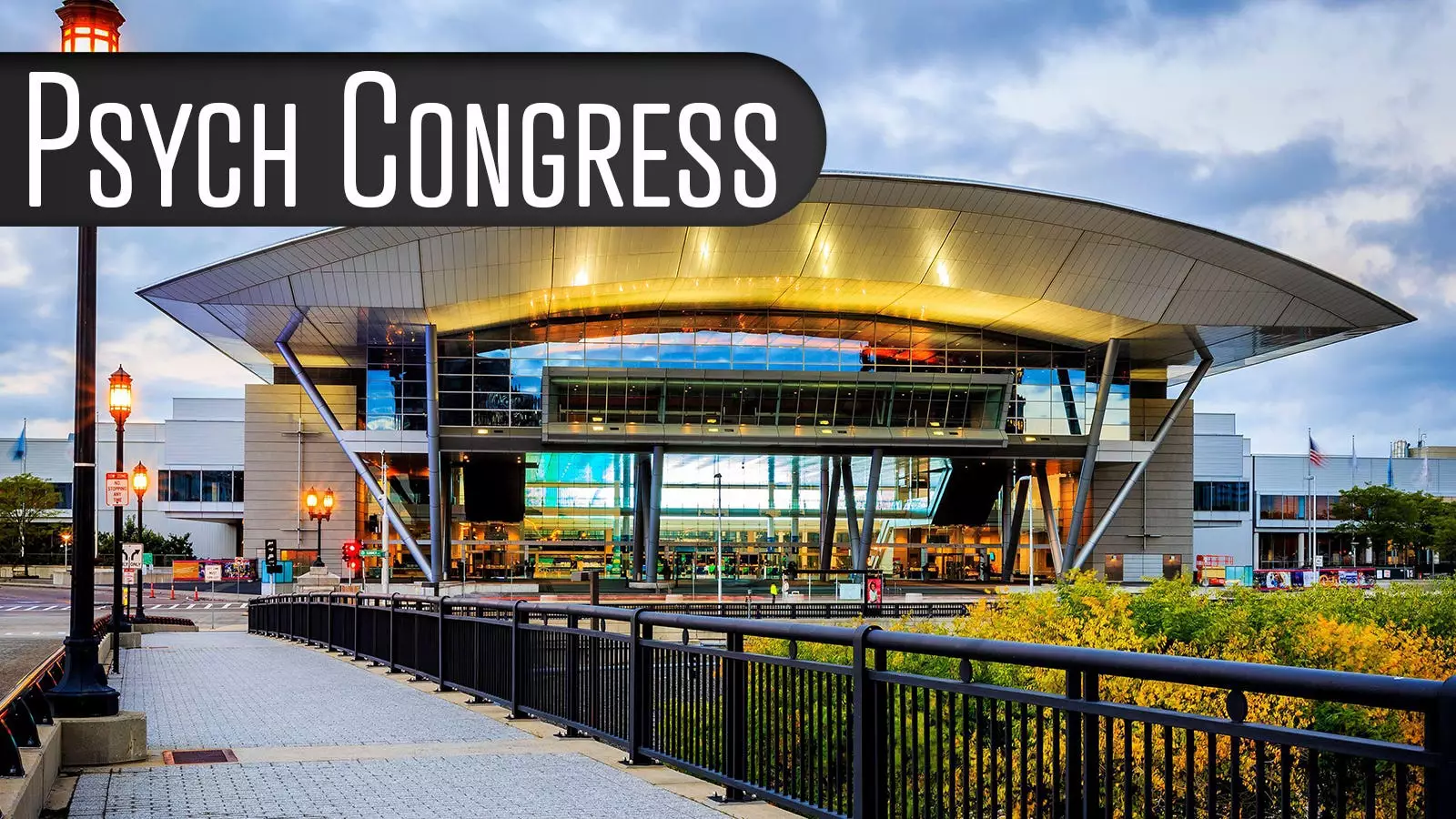Recent findings shed light on the critical relationship between relapse episodes and all-cause mortality among individuals diagnosed with schizophrenia. A comprehensive longitudinal study involving a vast pool of over 32,000 patients has revealed that even a single relapse significantly threatens the life expectancy of those who are previously stable. Conducted by Christoph Correll, MD, and presented at Psych Congress in Boston, the study provides valuable insights into the implications of schizophrenia-related challenges, emphasizing the urgent need for improved management strategies.
Using the Optim’s Clinformatics Data Mart Database, researchers examined de-identified patient data spanning from January 2011 to December 2019. The cohort comprised adults who had received at least one antipsychotic medication during a designated baseline period and exhibited relative stability defined by a minimum of 12 months without a relapse. The criteria for relapse were specific, focusing on various mental health-related events, including inpatient hospitalizations, suicide attempts, and aggressive behaviors.
The cohort’s demographic profile featured an average age of 57.6, with a significant majority (82.7%) taking second-generation oral antipsychotics. This demographic insight is crucial, as it underscores the prevalence of schizophrenia among older adults and the specific treatment regimens commonly adopted.
The findings from this investigation are striking: the risk of mortality escalates with each subsequent relapse. Statistics revealed a stark increase in hazards ratios associated with the number of relapses, culminating in a staggering 2.63 times higher risk for patients experiencing ten relapses. The estimated survival rate plummets from 78% for those with just one relapse to a mere 58% for patients encountering five relapses, with a grim 50% survival at the seven-year mark for those with five relapses.
These figures suggest that the recurrence of symptoms not only exacerbates the mental health condition but also correlates with deteriorating physical health, potentially due to associated comorbidities and the increased risk of suicide. As pointed out by Correll, the findings serve as a powerful reminder of the need for proactive measures in managing schizophrenia to enhance patient outcomes and mitigate risks.
Correll emphasized the importance of relapse prevention strategies as essential to extending the lifespan and improving the quality of life for schizophrenia patients. The challenge lies not just in robustly managing symptoms, but in addressing the broader health implications that accompany relapses. Transitioning stable patients to long-acting injectable (LAI) antipsychotics could significantly improve medication adherence, thereby reducing relapse rates and potentially improving survival chances.
Moreover, comprehensive healthcare strategies should focus on managing comorbid conditions, advocating for medication adherence, and providing holistic care. These approaches can foster healthier lifestyle behaviors that contribute to improved functionality and a greater overall quality of life.
Although the study underscores the relationship between relapse and survival, it also acknowledges limitations within the dataset. Potential underreporting of relapse episodes and patient deaths may contribute to skewed results. Such discrepancies highlight the necessity for future research to delve deeper into the causes of mortality within this population, particularly looking for key preventive strategies that can be implemented in clinical practice.
Final Thoughts
The evidence presented by Correll and his colleagues marks a pivotal contribution to our understanding of schizophrenia management. It draws attention to how critical comprehensive and preventive care is in not only managing schizophrenia symptoms but also improving life expectancy. By acknowledging the profound impact of relapses on mortality, healthcare professionals can take steps toward more effective strategies that prioritize patient well-being, optimizing both short-term and long-term health outcomes for those living with schizophrenia.



Leave a Reply